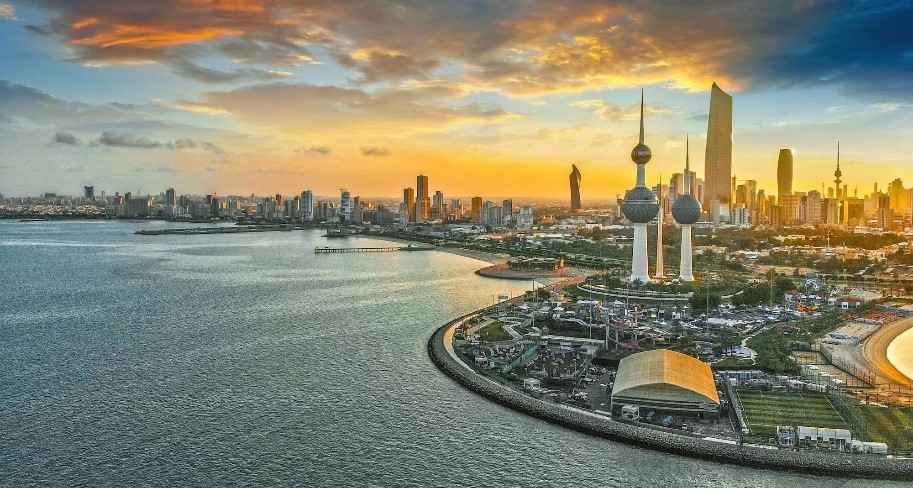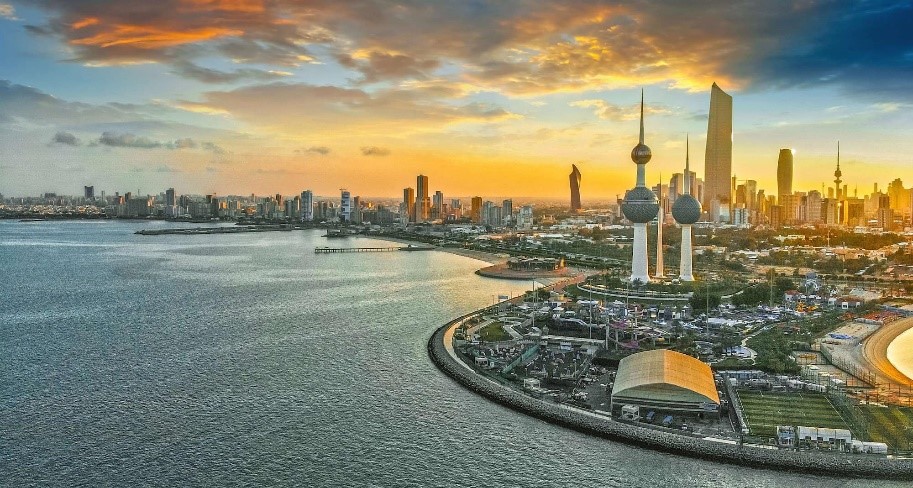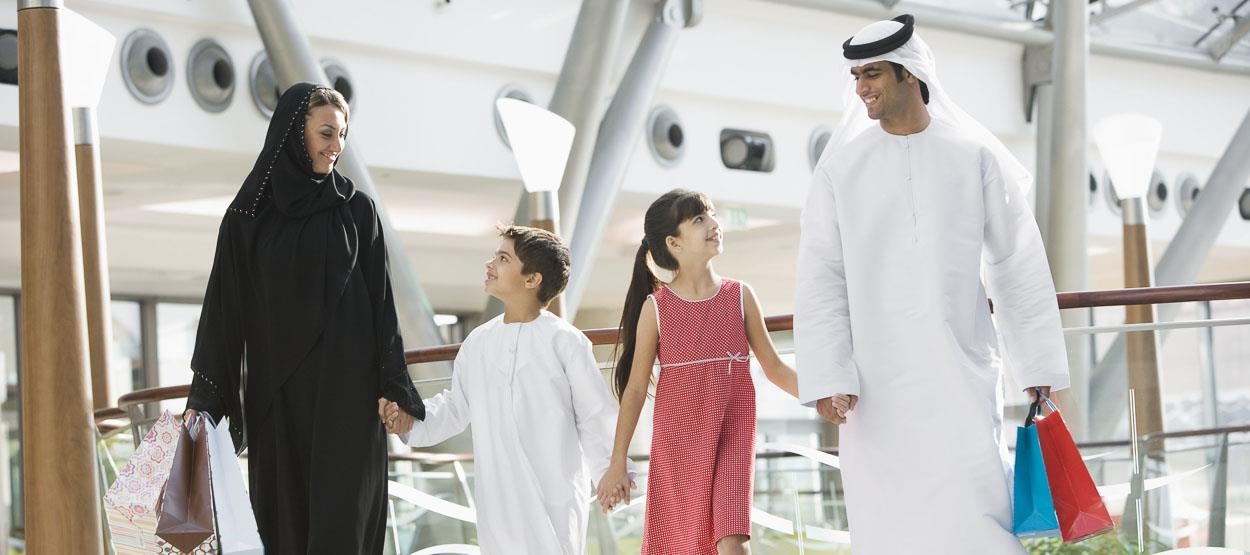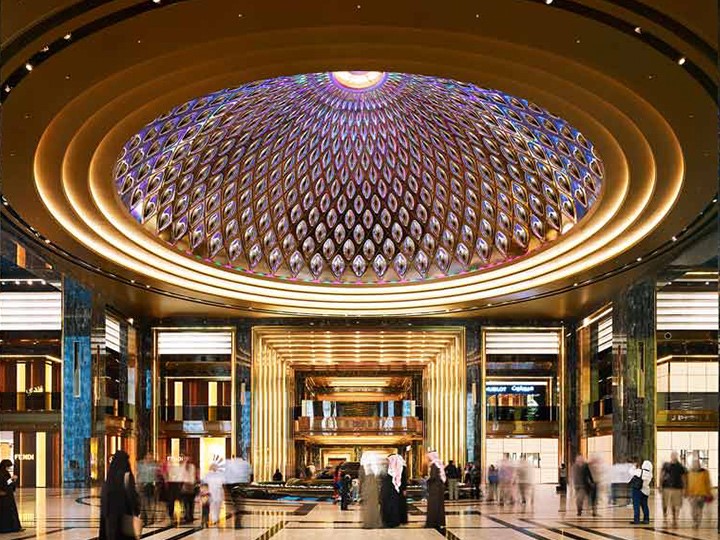
Dubbed the “Hollywood of the Gulf”, Kuwait is one of the most socially progressive countries in the region with a thriving popular culture scene that has exported to neighbouring states.
As part of our ongoing Illume Guide featured blog posts, we interviewed our Kuwait Guide – Omar, to help us understand more about its core culture and how Gen Z view contemporary Kuwait life.
Hi Omar! Tell us a bit about yourself – where are you from, how old are you and what are you passionate about?
I’m 20 years old and raised in Kuwait. The Kuwait government gives us great benefits to study abroad, so a lot of my friends have chosen to study in the UK and US, and after graduating come back to contribute towards the development of our country. I live with my three siblings and parents, I’m very close with my family and community. Outside of work and study, I’m really interested in sports and fitness. I’ve been doing boxing, gymnastics, hiking and sailing.
How would you describe Kuwait culture to somebody who is not from there?
Kuwait culture is very family-focused and community oriented. The extended family is the basis of our social structure and individual identity. Everyone puts great emphasis on the reputation of the group, and care what others think about them. Every week there’s a family gathering and special occasions such as Ramadan and Eid focus on family.
There’s also a huge consumer culture here, which has become more obvious in the past 10 years, given the advancements of shopping malls and international brands coming to Kuwait City. Young people are very eager to buy into big brands. Typically, young people like to meet up and go shopping, or catch up over food and drink. On the weekend, the Avenue mall in Kuwait is packed with people, you can find any shop there.
What makes you proud of Kuwait and is there anything you are less proud of?
I’m proud to say Kuwait is a very happy and safe country. I don’t really know any Kuwaiti complaining about the government or our system. The leader of Kuwait, Sheikh Sabah Al-Ahmad Al-Jaber Al-Sabah has a well-established reputation, he helps our country and people become rich through our oil resources. The government takes great care of its own people, they provide the best education opportunities to young people and support them to study abroad. I feel very privileged and lucky to be born here. Kuwait people are very patriotic; on our national day, February 25th, there is a big flash mob in the mall to celebrate.
In terms of the things I’m not proud of, as there are only 30% native Kuwaiti people living in Kuwait, the country is occupied mostly by expats. The wealth gap between native Kuwaitis and expats is massive. There is an obvious cultural separation between where Kuwaitis spend time compared to expats. I think expats feel at a disadvantage in different ways. It would be my priority to change this.
How does expat culture influence Kuwait culture?
When I was young, there were very few Kuwaiti students at my school, so I got the chance to learn different cultures through classmates from all over the world. International people bring their culture, food and products into Kuwait, making the society more diverse and open minded.
As you’ve grown up, what are the main changes you have witnessed?
There are still many stereotypes and cultural norms, but society is becoming more open minded in general. In the past, boys and girls wouldn’t be allowed go out together because Muslim culture is still quite conservative. Slowly but surely though, it is being appropriated, and the society is starting to accept it. Apart from that, the society is modernising a lot. People are becoming more digitally minded, especially the younger generation. Even my four-year-old cousin has an iPad!
How would you describe young people in Kuwait?
The biggest difference between us and the older generation is technology. Gen Z are always connected to their phones and spend a lot time playing video games. Young people generally have a lot less in common than the older generations, so they find it more difficult to relate and communicate. The internet was originally supposed to open up our world, but it has done the opposite.
Young people in Kuwait love social media and fashion. If there’s something new from a certain brand on social media, people tend to talk about it a lot. People are also very interested in musicals and acting, we have some of the best soap operas in the middle east.
We also have quite a big obesity problem here. Kuwait has the best food in the entire world, and I can vouch for that! Apart from going for meals, dessert and coffee, there is not a lot to do in Kuwait. It’s extremely hot outdoors during the summer months, and people tend to entertain themselves indoors.
What kind of brands and products are young Kuwaiti into?
The society is generally quite materialistic and judgmental, appearances are important for status. Kuwaiti youth usually have a high disposable income. In general, people have high expectations from products and brands. Young people usually buy Gucci, LV, Burberry, Balenciaga, etc. As consumers, Gen Z in Kuwait generally care about how other people see them, yes, it is important to look good, but people want to wear brands that everyone can recognise to show off their financial status.
Can you name someone who Kuwait Gen Z are inspired by and look up to?
All of us really look up to our Amir, Sheikh Sabah Al-Ahmad Al-Jaber Al-Sabah, he is very well respected. He is kind, generous, and wise.
What are your future hopes for Kuwait?
I hope Kuwait will keep growing, and develop more different industries. Currently, the wealth of this country is dependent on oil resources, but we don’t develop much from our tourism. There are so many tourists that want to go to Dubai but don’t come to Kuwait, unless for work. I believe we need to have more activities for people to do here. We don’t have many cultural events or musical festivals, so more investment in these creative fields will benefit young people in the future.




